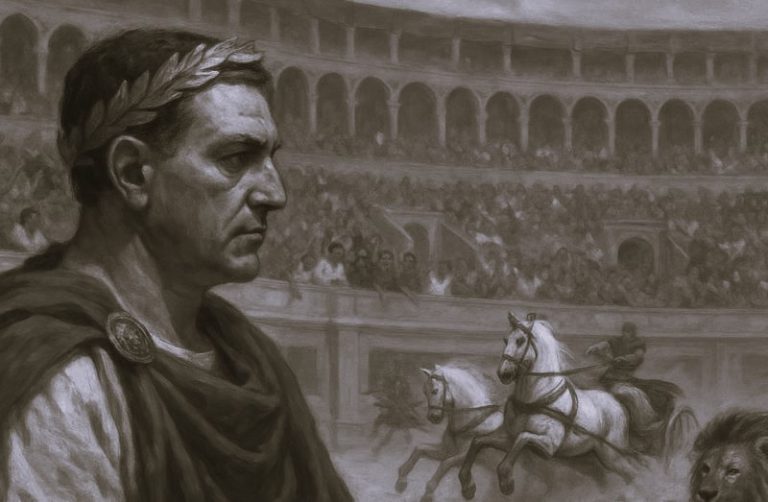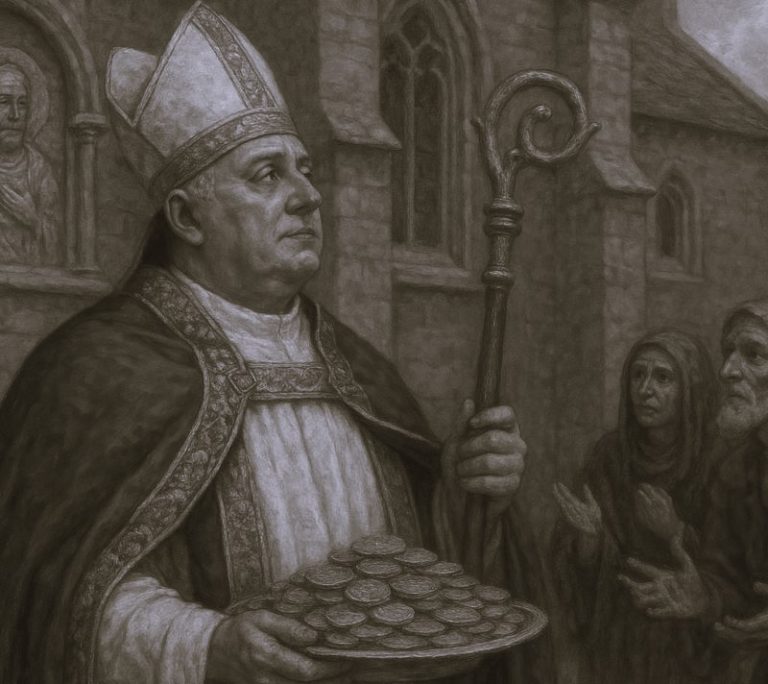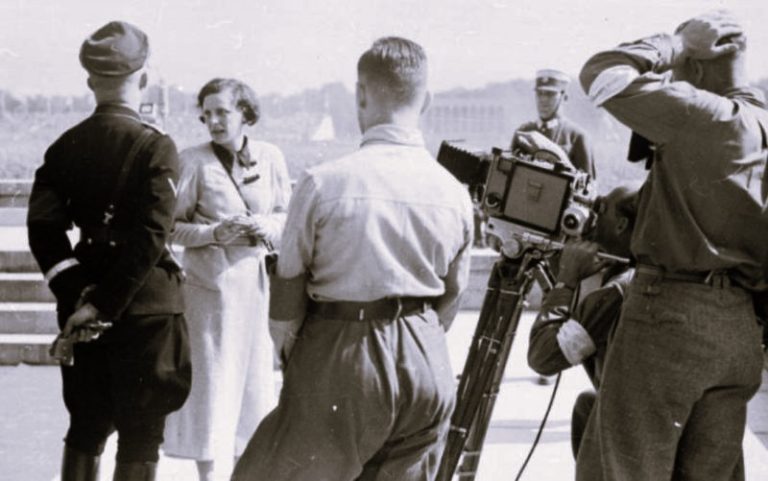

Throughout human history, the thrill of taking risks and testing fate has been deeply ingrained in our culture. From ancient civilizations to the modern era, risk-taking – often in the form of gambling – has always held a captivating allure, as if tempting fate was an inherent part of our human nature.
Today, in the age of the internet, risk-taking is just a tap away thanks to the many forms of online gambling. As the most recent review of best online casinos that pay real money shows, internet casino games are quite popular today. They are simple and almost self-explanatory, much like the forms of gambling our ancestors loved in their time. What were they? Let’s take a look.
When in Rome
Ancient Rome was renowned for its love for entertainment and indulgences. The Roman civilization is still famous for its lush festivals (a word of Latin origin), celebrating (another word of Latin origin) everything from gods to heroes with carnivals (another one) and feasts (and another one). And, of course, gambling.
Rome heavily regulated gambling, except during Saturnalia, held in the second part of December. From dice games such as “Tesserae” to board games like “Duodecim Scripta,” from bets on ludi (competitions), the Romans revelled in the thrill of testing their luck and skill. Romans would gladly bet on anything from gladiator fights to chariot races, and wager on skill-based games like Scripta, thought to be a precursor of modern-day Backgammon (even though no direct link between the two has been established).
Playing With The (Norse) Gods
Like all other civilizations, the Norse loved to gamble. It is likely that, after a successful raid, much of the loot changed hands among warriors as a result of dice games. At one time, at least that’s what the legends say, the fate of the Island of Hísing was decided by a dice roll between King Olaf of Norway and King Olaf of Sweden, to avoid a violent and bloody conflict.
The game the Norse are famous for is, in turn, a much more skill and strategy-based one: Hnefatafl (Tafl in Old Norse), sometimes referred to as Viking chess. The game involved not only strategy and skill but also storytelling, often invoking Ullr, and, without a doubt, betting on the outcome.
Sticks in the Hands of Native Americans
Finally, let’s take a look at a form of gambling mostly unknown in Europe: Handgames. This form of gambling involves two teams kneeling, facing each other, with one of the teams hiding a token in their fists, passing it around between the members, while the other tries to guess which fist hides the prize. It’s a simple guessing game except for one detail: a game could last days.
These games have been around since before recorded history, and they are still played – with some updates, of course – to this day.
The thread of gambling weaves through the tapestry of human history, transcending time and geographical boundaries. From the opulent arenas of ancient Rome to the fierce battles of the Norse warriors and the sacred traditions of Native Americans, our ancestors found ways to indulge in games of chance and betting. Through the lens of history, we can appreciate the cultural, social, and spiritual dimensions that gambling encompasses, connecting us to our collective past and reminding us of the timeless appeal of games of chance.






